Episode 247: Simon Freeman and Mario Fraioli on When to Push Hard and When to Pull Back
In this episode Simon Freeman and Mario Fraioli discuss when to push and when to pull back in training, business, and life.
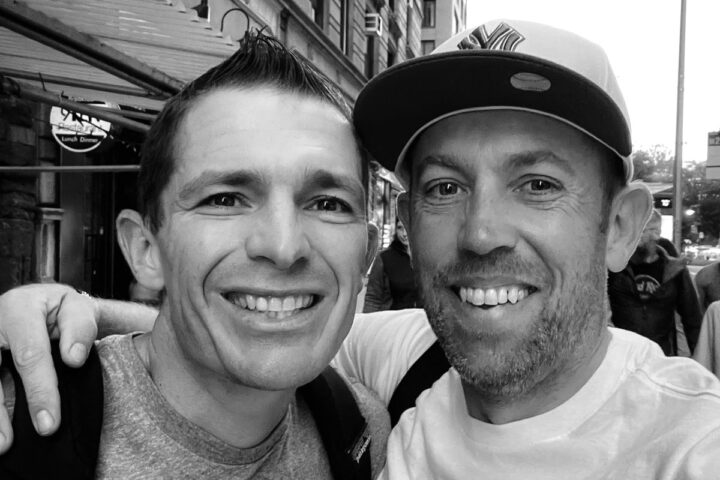
In this episode Simon Freeman and Mario Fraioli discuss when to push and when to pull back in training, business, and life.

I recently caught up with Pete Pfitzinger, two-time U.S. Olympian in the marathon with a 2:11:43 personal best, exercise scientist, and author of Advanced Marathoning.
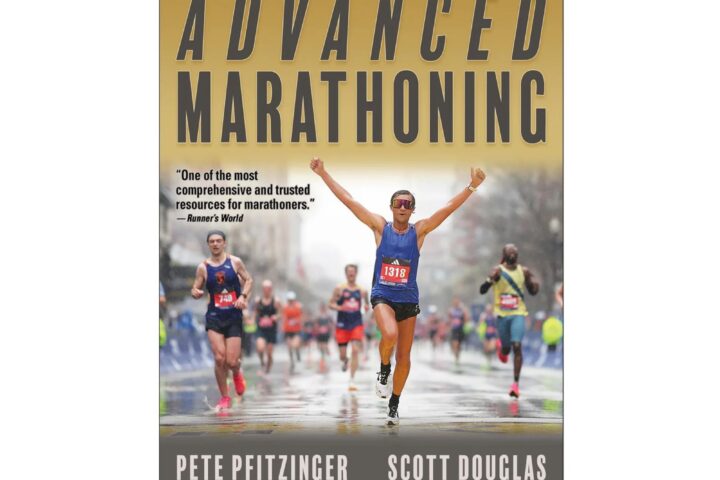
In this episode Simon Freeman and Mario Fraioli discuss the importance of surrounding yourself with good people in running, business, and life.

Early season hill workouts help to lay a solid foundation of strength and fitness that will set you up for success the rest of the season, whether you're aiming to run a fast mile, go the distance in an ultramarathon, or tackle something in between.
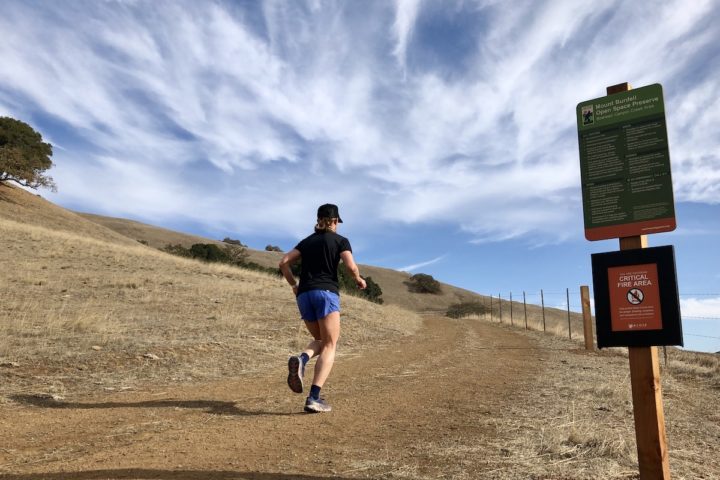
No matter what you're training for, there's a place in your program for a threshold run. This workout, for simplicity's sake, can be boiled down to maintaining a steady effort (think: half-marathon pace) for a prolonged period of time, usually between 20-40 minutes. It's effective at helping to strengthen your aerobic base, dialing in race pace if you're training for longer distances, and improving focus and confidence in general. But it's not easy! That's why early in a training cycle, or if an athlete just isn't that fit and/or motivated yet, I'll let them "make their own" threshold run, i.e. breaking up the 20-40 minutes of work however they'd like with a short break to reset between repetitions.
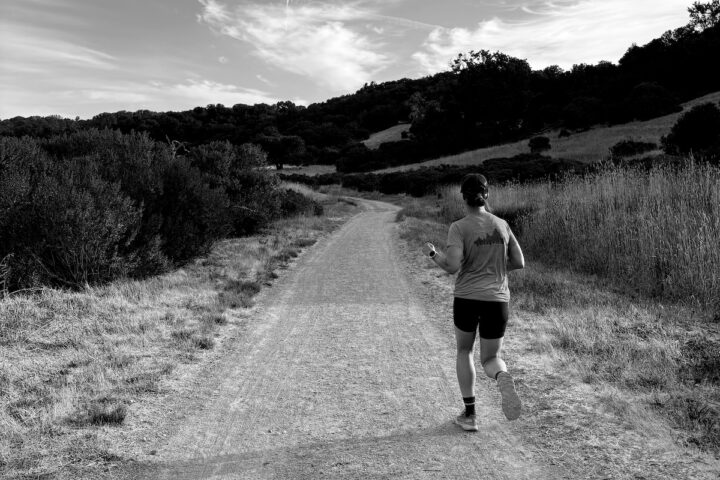
This week on the podcast I sit down with my right-hand man Chris Douglas to discuss the history of the morning shakeout email newsletter, which just celebrated its 500th issue. It's been published every Tuesday since November 17, 2015.
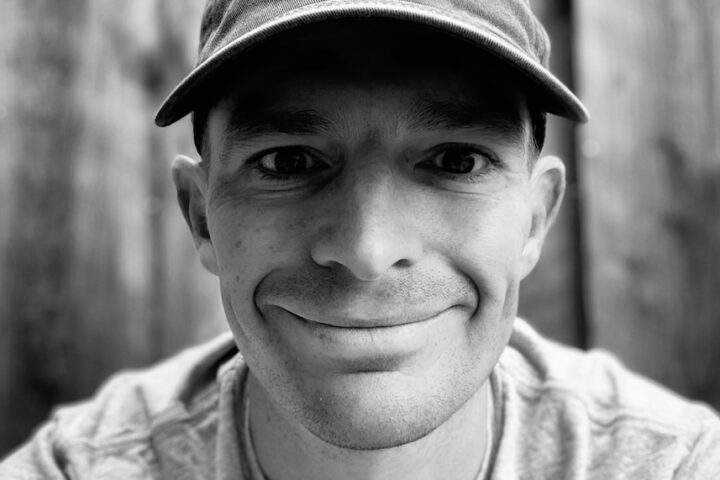
In this episode Simon Freeman and I discuss the idea of "peak running," the growing hype around events and event weekends, fundamentals over fads in training, why chasing optimization if a fool's errand, and a lot more.

“Is All of This Self-Monitoring Making Us Paranoid?” The short answer to this question posed by Madison Malone Kircher of The New York Times, in my own observation and experience, is: yes (surprising exactly no one). Kircher’s article, which is not about runners at all but can certainly be extrapolated out to our population, explores the effects that wearable technology and an overload of data has had on users’ mental health. I think this has become a major problem that is only going to get worse.
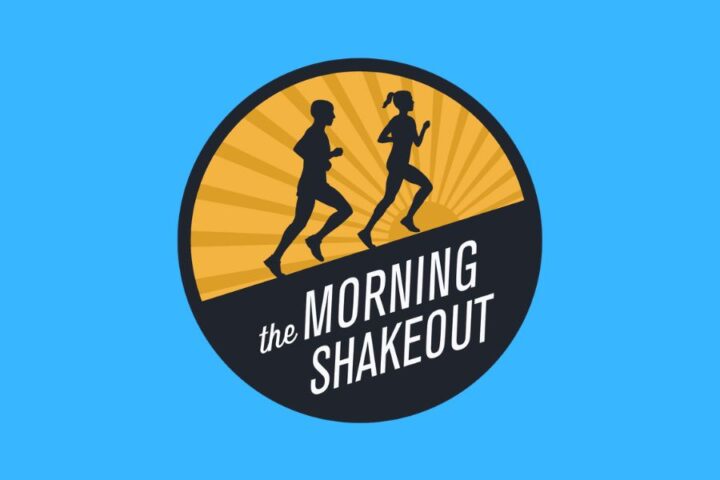
You can log virtually any and all manner of activity on Strava, from running to cycling to swimming to weight training to walking to the mailbox and back to yoga to canoeing to kite-surfing, and even badminton, for crissakes. But you cannot log a rest day—at least not intuitively or “officially,” anyway. But rest is an important part of training, right? I believe so, as does any experienced coach or athlete worth their salt.

I started this collection of life lessons in 2020 for my 38th birthday and update it each year with a new lesson that I’ve been taught or learned myself (oftentimes the hard way). It was inspired by Kevin Kelly’s “68 Bits of Unsolicited Advice” and this annually updated post from my friend Chris Corbin.
